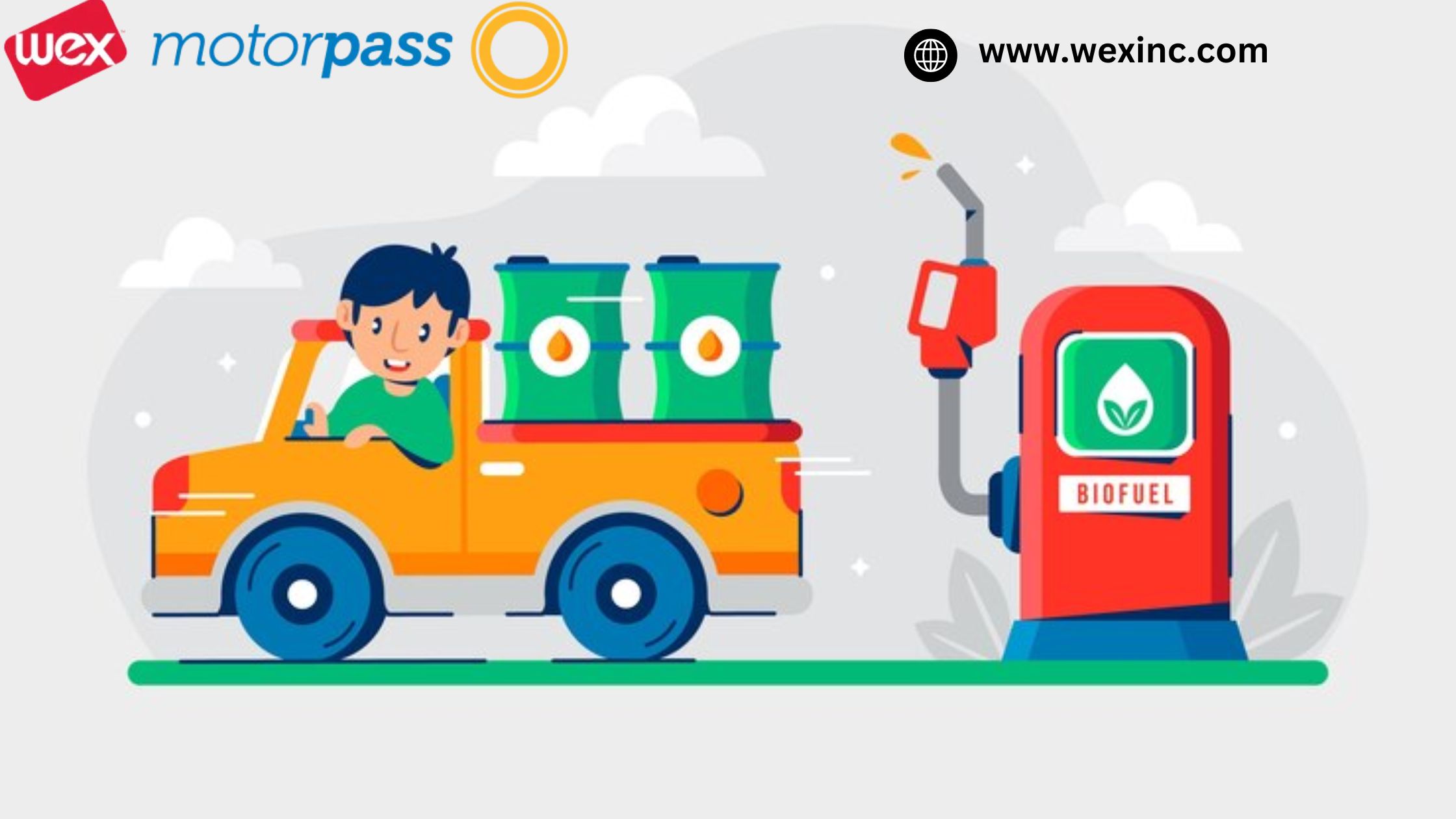
In today’s fast-paced business environment, efficient fleet management is crucial for businesses looking to maintain a competitive edge. One key aspect of optimising fleet operations is the effective utilisation of fuel cards.
These cards offer a range of fuel cards that can lead to substantial cost savings, improved control, enhanced security, streamlined administrative tasks, and even the potential for rewards and incentives. In this comprehensive guide, let’s delve into the various fuel card benefits for fleet management and how businesses can harness their potential to drive success.
Understanding Fuel Cards
Fuel cards, also known as fleet cards, are specialised payment cards designed for the purchase of fuel and other vehicle-related expenses. These cards work much like credit or debit cards but with specific features tailored to the needs of fleet management. They are widely accepted at fuel stations and often come with additional functionalities such as expense tracking and reporting.
Businesses can choose from a variety of fuel cards available in the market, each offering different features and benefits tailored to specific fleet management requirements. Some key features of fuel cards include detailed reporting, customisable spending controls, and the ability to track and manage fuel expenses efficiently.
Cost Savings and Efficiency
One of the primary advantages of utilising fuel cards for fleet management is the potential for significant cost savings. Fuel cards often provide access to discounted fuel prices at specific stations, leading to direct savings on fuel costs. Moreover, the centralised expense tracking and reporting capabilities of fuel cards enable businesses to gain better insights into their fuel spending patterns, identify inefficiencies, and take proactive measures to optimise fuel usage.
Through effective utilisation of fuel cards, businesses can achieve notable efficiency gains, leading to reduced operational costs and improved overall financial performance. Real-world case studies and examples can showcase the substantial cost savings that businesses have achieved through the strategic adoption of fuel card programs.
Enhancing Control and Security
Fuel cards offer businesses greater control over their fuel purchases and usage, thereby reducing the potential for misuse or unauthorised spending. With features such as transaction monitoring and spending controls, businesses can closely manage and track fuel-related expenses, minimising the risks associated with fraud or unauthorised usage.
The robust security measures integrated into fuel card programs provide businesses with peace of mind, knowing that their fleet-related transactions are protected against fraudulent activities. By leveraging these fuel card benefits control and security features, businesses can effectively mitigate risks and ensure responsible and compliant usage of fuel resources across their fleet.
Streamlining Administrative Tasks
The administrative burden of managing a fleet can be substantial, involving tasks such as expense tracking, reporting, and reconciliation. Fuel cards streamline these processes by automating expense reporting, categorising fuel-related expenses, and seamlessly integrating with accounting systems.
This streamlined approach not only reduces the time and effort required for administrative tasks but also minimises the potential for errors or discrepancies in expense management. Fleet managers can thus focus their time and energy on strategic decision-making and operational efficiency, knowing that the administrative aspects of fuel management are well taken care of through the capabilities of fuel cards.
Maximising Rewards and Incentives
In addition to the core benefits of cost savings and streamlined operations, certain fuel card programs offer additional rewards and incentives to businesses. These rewards may come in the form of loyalty points, discounts on vehicle maintenance services, or cashback rebates on fuel purchases.
By actively participating in and leveraging these rewards programs, businesses can further enhance their cost savings and derive additional value from their fuel card arrangements. Success stories and best practices can illustrate how businesses have creatively maximised the incentives offered through their fuel card programs, highlighting the potential for businesses to go beyond standard cost savings and drive additional value from their fuel card partnerships.
Conclusion
In conclusion, the advantages of fuel cards for fleet management are multifaceted, encompassing cost savings, enhanced control, streamlined operations, and potential rewards. By harnessing the full potential of fuel card benefits, businesses can position themselves for greater efficiency, reduced costs, and improved overall fleet performance. As businesses navigate the complexities of fleet management, integrating fuel cards into their strategy can serve as a catalyst for driving success and maintaining a competitive edge in the market.






